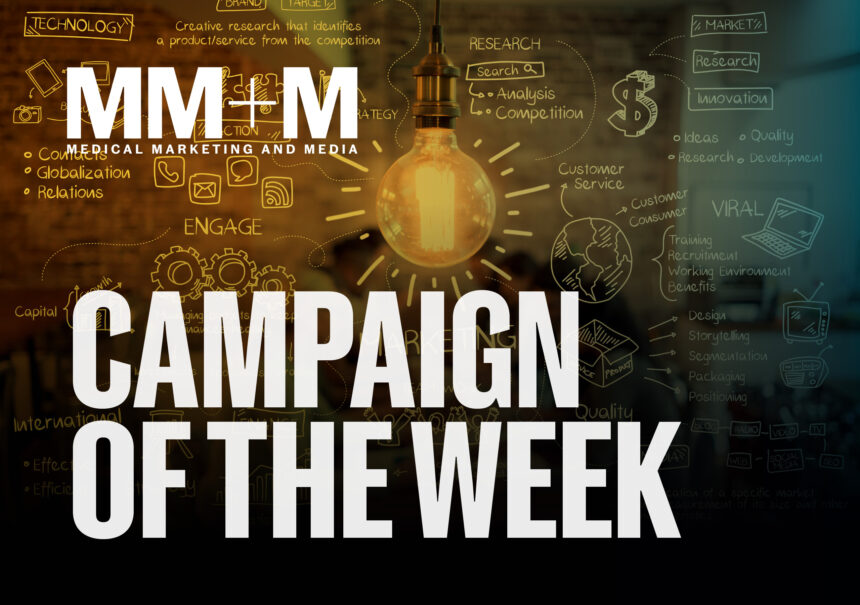If you Google the term “toxic positivity,” nearly 1 million results pop up.
Admittedly, some of you may scoff at the phrase as you read this column given that many of us are attempting to get through another day of multitasking. The social pressure to smile and soldier through is ubiquitous and can feel relentless.
However, drugmaker Lundbeck found inspiration in the daily rat race for its recent Say Yep campaign so that patients can do more, all the time.
As the manufacturer of Vyepti, a prescription medicine used for the preventive treatment of migraine in adults, Lundbeck wanted Say Yep to relate to the stressors we all go through day-to-day.
The protagonist of the campaign’s one-minute spot encounters different messengers of toxic positivity, from a coworker asking, “who’s excited to work around the clock and do way too much managing migraine?” to a school teacher at a PTA meeting looking for volunteers to be “completely overwhelmed.”
For Lundbeck, the spot and the Say Yep campaign broadly, offered a way to connect with the 40 million migraine sufferers across the country in an “authentic” way — a term that arguably suffers some from overuse these days.
Deidre-Ann Perry, VP for neurology marketing at Lundbeck, explains what it means in the context of this spot as well as the campaign in general. Perry echoes a sentiment shared by many healthcare brands when it comes to advertising and that is ensuring patients could see themselves in the commercial.

“We recognized that they are dealing with real challenges, just trying to manage not only their disease, but day-to-day life,” she says. “That is why the vignettes and the ad try to show the different situations that they may be managing and emphasize that we’re here to support you; that you can challenge the status quo and say no to having to do more. There’s another option — you can say ‘yep.’”
While the Say Yep name for the campaign may feel obvious in hindsight, as with many marketing moves the route to it was long and deliberate.
“We went through various iterations trying to bring the concept to life and some were not well received, frankly, by people with migraines,” she says. “However, we listened to their feedback and landed on what resonated with them which was to ‘say yep’ to Vyepti. Then we linked that to the differentiator for the brand: it’s a preventative treatment option delivered as an IV infusion in four 30-minute treatments per year.”
Perry sees the ad’s turn to humor as part of its broader authentically relatable tone, noting that while the intent isn’t to attribute humor to a debilitating disease, but instead to acknowledge and help patients. Lundbeck, she adds, understands what these patients are going through and what they’re trying to accomplish every day.
Other components of Vyepti marketing efforts also build on the same “real people” aspects of Say Yep, even while some rival migraine treatments are opting to use celebrities, including Khloé Kardashian and Lady Gaga, to share their messages.
Additionally, a tab on the Vyepti site is dedicated to user-generated content in the form of patient stories about their experiences with migraine and also the Vyepti treatment plan.
As Perry emphasizes, in addition to encouraging people living with migraine to say ‘yep’ to Vyepti, much of the power of the campaign is in its suggestion that we can all say ‘no’ to toxic positivity and the non-stop hustle culture that we live in.
“We see you, we hear you and we’re with you as you challenge the status quo,” she says. “You shouldn’t have to power through and settle for a treatment plan if it isn’t helping you achieve what matters most.”
For a March 2024 article on Scarborough Health Network’s hip-hop inspired campaign, click here.







